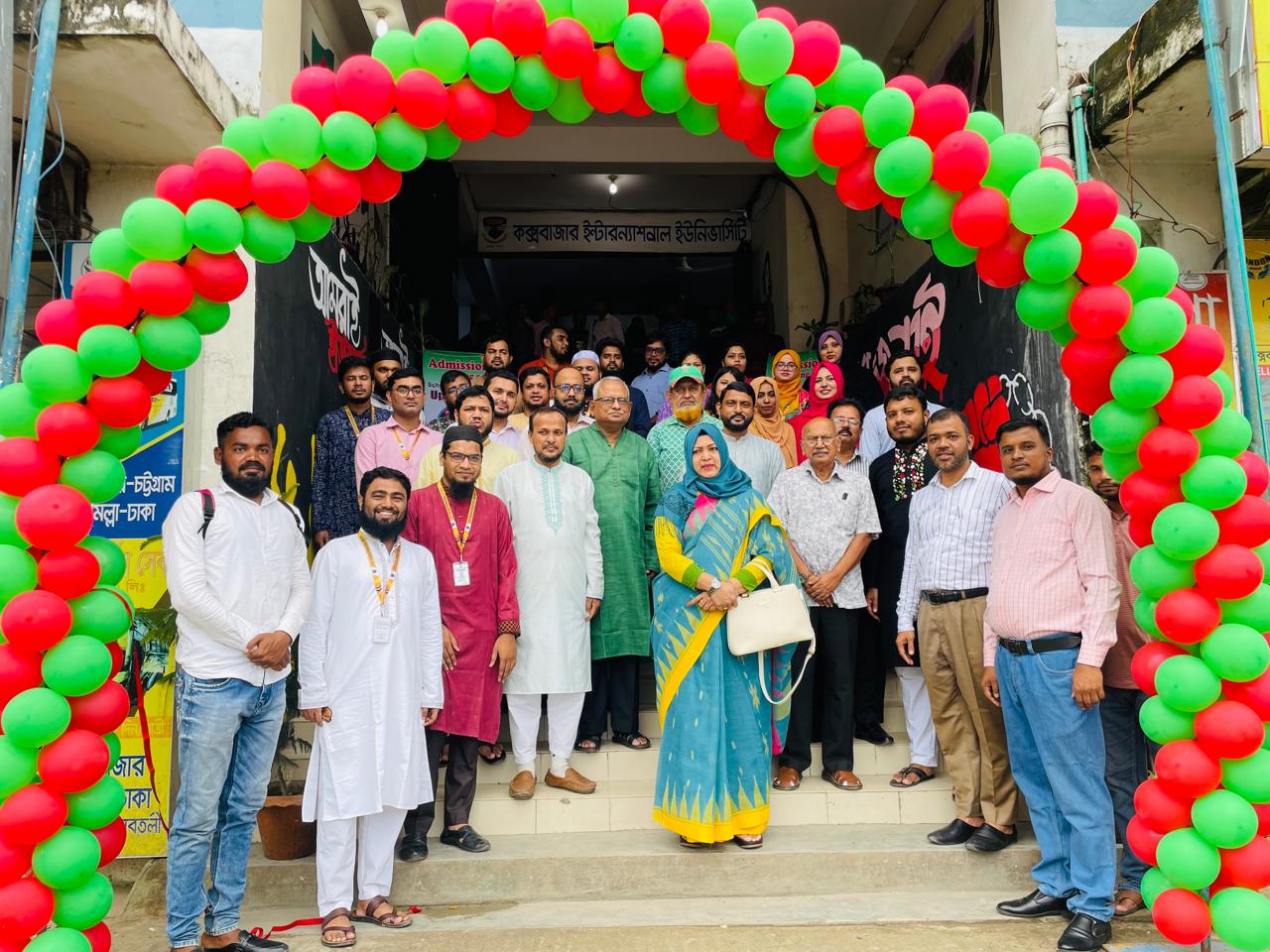About Us
 Background:
Background:
Cox's Bazar, a coastal district in southeastern Bangladesh, has a rich history of educational development that reflects its cultural and societal evolution. The journey of higher education in this region has been marked by significant milestones, leading to the establishment of various institutions that cater to the academic aspirations of its residents.
Early Educational Foundations
The roots of formal education in Cox's Bazar can be traced back to the late 19th century. In 1874, Cox's Bazar Government High School was established, initially functioning as a modest madrasa. Under British colonial rule, it transitioned into a Middle English school, promoting both Bengali and English education. By January 4, 1923, it had evolved into a full-fledged high English school, reflecting the community's growing emphasis on formal education. This institution has since stood as a testament to the region's commitment to learning, celebrating its 150th anniversary in 2025.
Advancements in Women's Education:
The progression of women's education in Cox's Bazar saw a significant leap with the founding of Cox's Bazar Govt. Girls High School in 1960. This institution was established with the mission to provide quality education to girls, fostering academic excellence and personal growth. Its inception marked a pivotal moment in promoting gender equality in education within the region.
Expansion of Higher Education:
The latter half of the 20th century witnessed a surge in the establishment of higher education institutions in Cox's Bazar:
Cox's Bazar Government College (1962); Cox's Bazar Law College (1985); Cox's Bazar Govt. Women's College (1991); Cox's Bazar City College (1993); and Cox's Bazar Medical College (2008).
Establishment of the First Private University:
The pursuit of higher education reached a new milestone with the establishment of Cox's Bazar International University (CBIU) in 2013. As the first private university in the district, CBIU aimed to enhance higher education opportunities for the local population. Located near Kolatoli, the campus offers a scenic view of Cox's Bazar beach, providing an inspiring environment for academic pursuits.
Contemporary Educational Landscape
Today, Cox's Bazar boasts a diverse array of educational institutions, including a medical college, polytechnic institutes, technical schools, nursing colleges, and numerous high schools. These establishments collectively contribute to a robust educational framework, catering to the academic and professional aspirations of the district's residents. The evolution of higher education in Cox's Bazar reflects a continuous commitment to learning and development, positioning the region as a significant educational hub in southeastern Bangladesh.
About CBIU:
Cox's Bazar International University (CBIU) was established in 2013 as the first private university in Cox's Bazar District, Bangladesh. Mr. Lion Mohammed Muzibur Rahman founded the university, aiming to enhance higher education opportunities in the region.
CBIU commenced its academic programs in January 2014, operating under the approval of the Ministry of Education and the University Grants Commission (UGC) of Bangladesh. The university's campus is located near Kolatoli Circle in Cox's Bazar city, offering students a scenic view of the world's longest sandy sea beach.
The university offers a range of undergraduate and graduate programs across various faculties, including Arts & Social Sciences, Business, Engineering, and Law. CBIU is committed to providing quality education and research opportunities to students from diverse backgrounds, fostering academic excellence and preparing graduates for successful careers.
As the only government and UGC-approved private university in Cox's Bazar, CBIU continues to strive toward enhancing higher education in the region, contributing to both local and national development.



